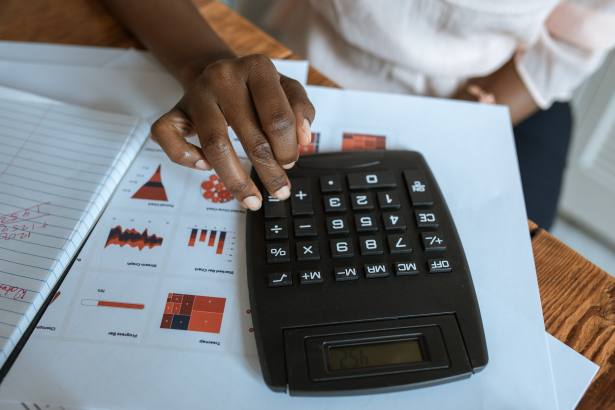He says the team has a "conservative stance" in its portfolios. "To put things into perspective, global high-yield corporate bond spreads recently widened to around 550-600 basis points, but that liquidity is generally not a concern
"In the past, at the peak of a recessionary period, spreads for high-yield corporate bonds have typically been around 1,000 bps."
He says recession is not "a certainty" at this point, or that it will be sharp or long-lasting.
Resilience
Much depends on whether central banks can get inflation under control, but managers say there are many actions an investor can take to mitigate that risk.
Fahad Kamal, chief investment officer for Kleinwort Hambros, lists a few:
- Reducing bond positions
- Reducing bond duration
- Purchase of linkers (inflation-linked notes), floating rate notes and inflation swaps.
Kamal adds: "It has been a particularly difficult year for bond markets across all sub-segments, with the exception perhaps of short-dated linkers.
"At this late stage of the economic cycle, it would appear sensible to incrementally rotate out of credit into governments, to opportunistically increase duration risk, to strategically reduce credit risk (from more cyclical to less-cyclical names)
A Pimco spokesperson states: "Investors are getting paid more if you believe, like Pimco does, that central banks will ultimately get inflation back closer to their target over the next couple of years.
"It's hard to time an entry point perfectly, but we are becoming more constructive about interest rate levels more broadly.
"This volatility, although it feels terrible living through it, is creating potential opportunities across sectors that could generate an attractive yield without going down the credit spectrum too significantly."








